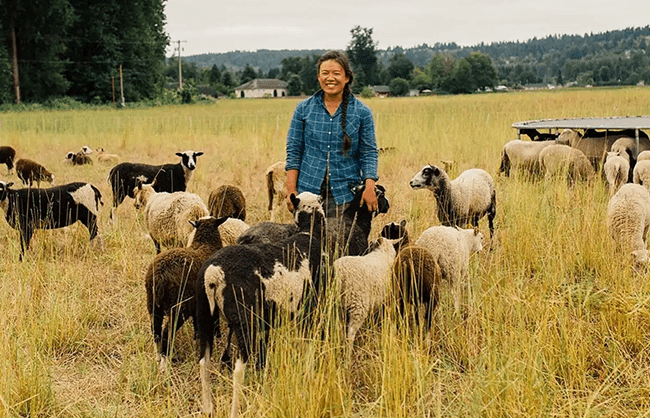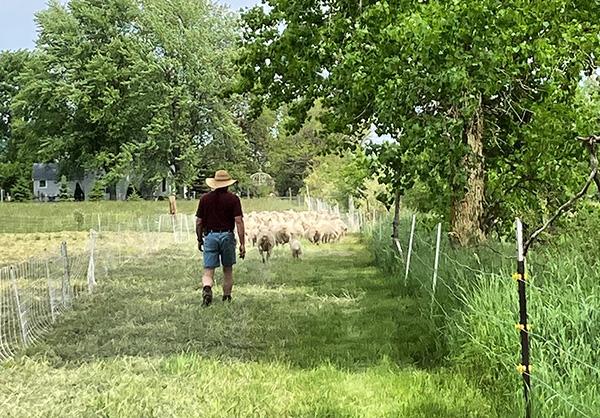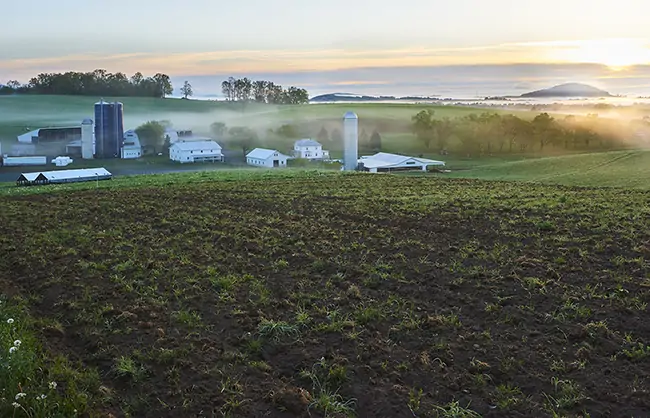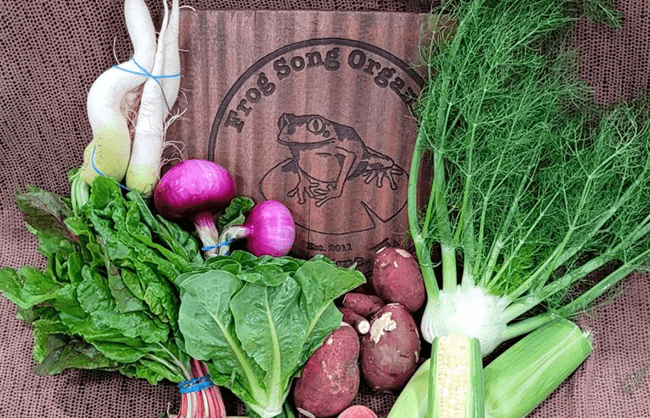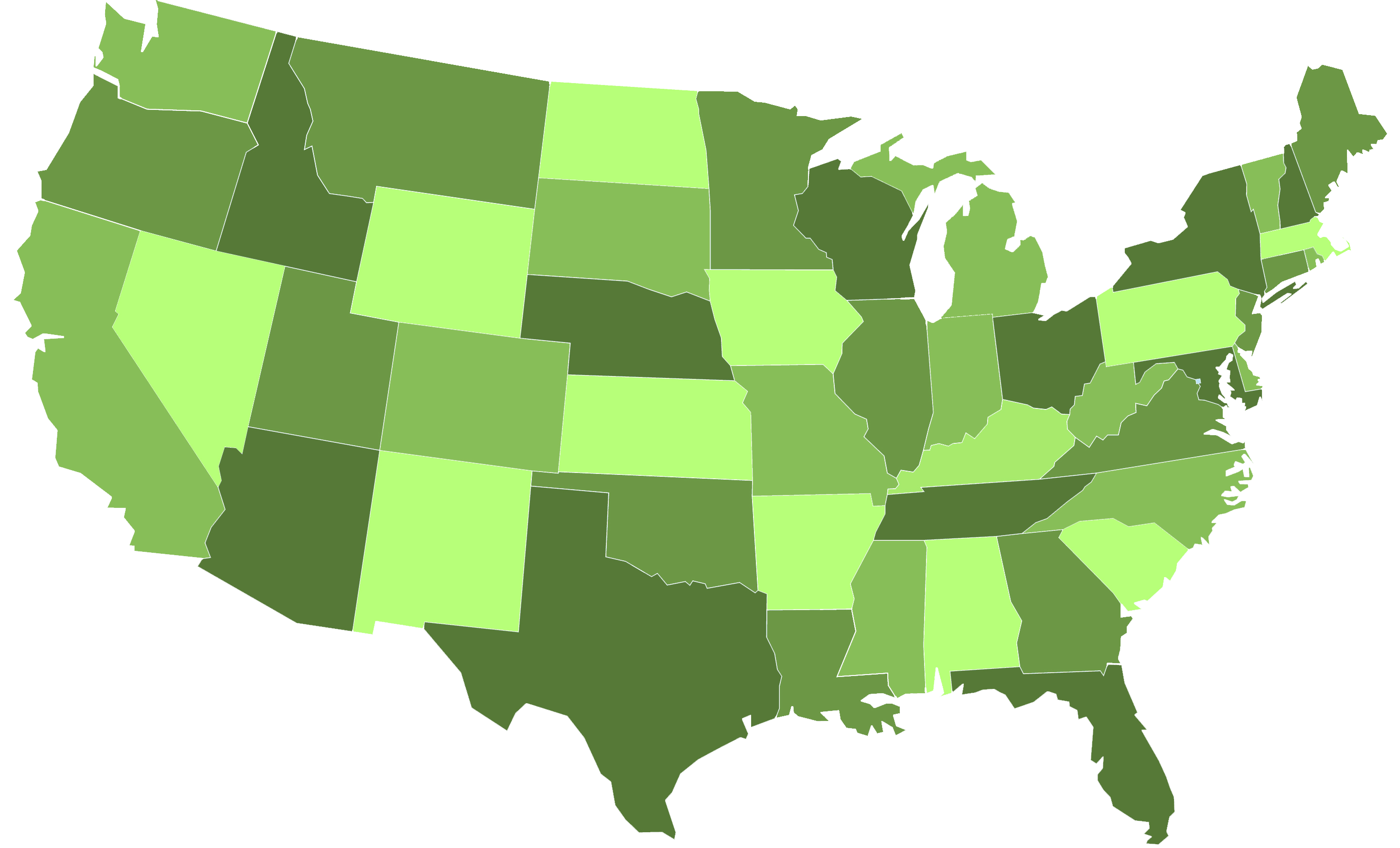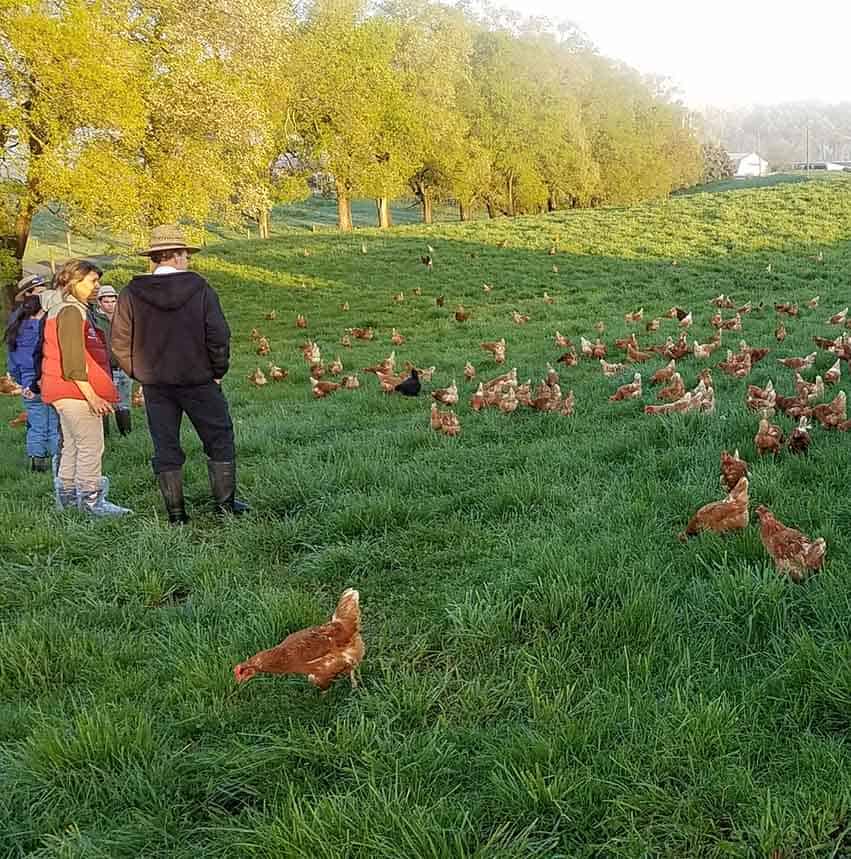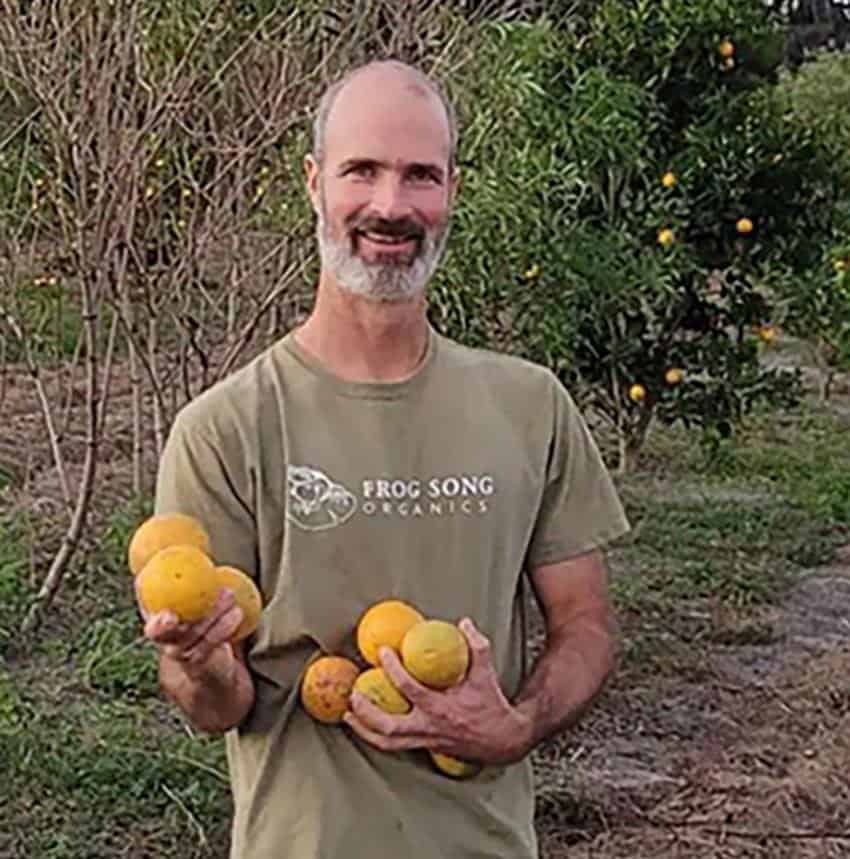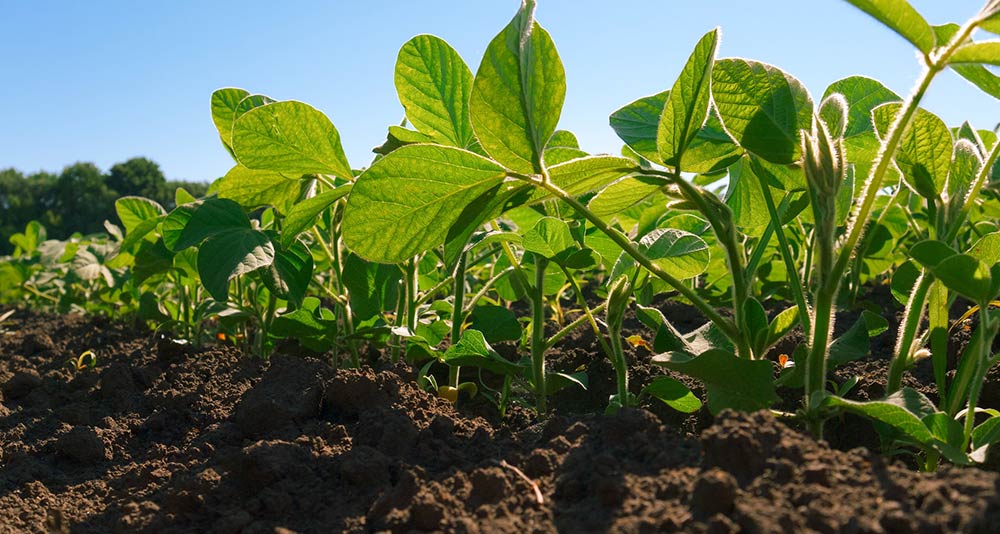Crop-Livestock Integration
Resources for Farmers, from Farmers
In the 2022 National Organic Research Agenda (NORA), organic farmers and ranchers across North America shared a common concern about the lack of technical assistance and educational resources available for Integrated Crop-Livestock Systems (ICLS). Crop-livestock integration is a holistic system that integrates the production of cash crops and livestock on the same piece of land or within the same farming operation. While farms implementing crop-livestock integration can lower input costs and reap many benefits, this integration can also lead to increased complexity, especially for farmers who must adhere to National Organic Program rules and regulations.
At OFRF we know that the #1 source of information is other farmers. To address the call for ICLS resources, OFRF has developed a Crop-Livestock Integration series informed by interviews with highly experienced organic producers across the US whose farming operations have benefited from integrated crop and livestock production.
Meet the Farmers:
Additional Resources for Integrated Crop-Livestock Systems:
General ICLS Information:
- Sustainable Agriculture Resource and Education (SARE): https://www.sare.org/sare-category/production-systems/integrated-crop-and-livestock-systems/
- Match Made In Heaven, Green Lands Blue Waters crop-livestock integration project: https://greenlandsbluewaters.org/match-made-in-heaven-livestock-crops/
Food Safety and HACCP Plans:
- Cornell College of Agriculture and Life Science, Hazard Analysis Critical Control Point Plan (HACCP Plan): https://smallfarms.cornell.edu/2017/05/hazard-analysis-critical-control-point-plan/
- OEFFA Organic Certification Factsheet, Developing an Organic Control Point Program
Using the HACCP Model: https://certification.oeffa.org/wp-content/uploads/2020/06/Developing-an-Organic-Control-Point-Program-Using-the-HAACP-Model.pdf





